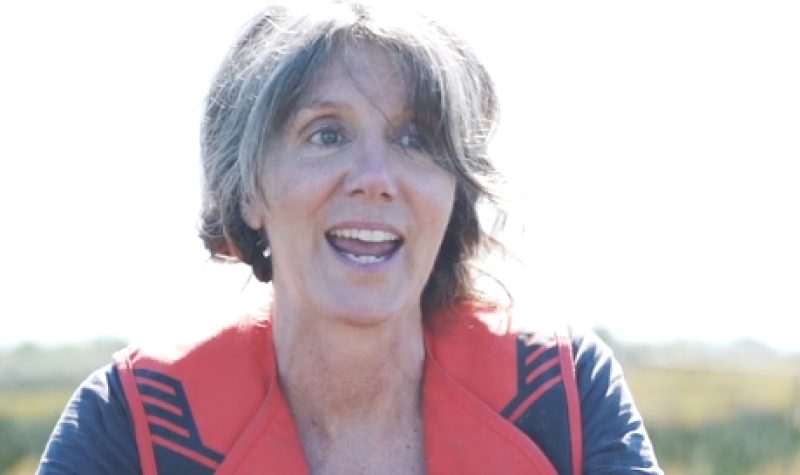Cortes Island is located in the Salish Sea, considered a part of the Discovery Island and the North Gulf Island archipelago. Locals and tourists enjoy consistent sightings of whales in the region, but a marine biologist says that the resident Orca populations are still endangered, despite recent high visibility.
Misty MacDuffee, who works as the Wild Salmon Program director for Raincoast Conservation Foundation, specializes in Chinook Salmon habitat research which leads to a main focus on predators like Orca whales.
MacDuffee says there are three main factors affecting Orca populations in the Salish Sea.
"Not enough food (Chinook salmon), too noisy of a living environment that prevents the whales from successfully catching their prey and the contamination within that prey have all conspired," the marine biologist said.
Due to these factors, the northern orca populations are benefitting from less human-developed regions and first access to salmon migrating from the north. But the southern orca populations are in a different situation, where limited Chinook salmon access and human impacts have taken a toll.
"The southern residents, on the other hand, are critically endangered and their numbers are only declining since they were listed about 20 years ago," she said.
The marine biologist focuses on collecting research to help inform policy makers.
“The ecosystems and the wildlife don't need any managing. It's the humans that need the managing," MacDuffee notes. "So in collecting this information, it'll inform our ability to make better decisions.”
MacDuffee added that it is important for people to understand how salmon health is related to the human way of life, especially in relation to watersheds.
“The more that we pave, the more that we sprawl, the more we clear cut…the more affects…(on) the survival of those salmon.”
To find out more about the status of Chinook salmon and Orca whales listen to the CKTZ News Update below:


